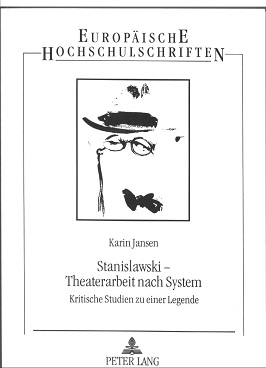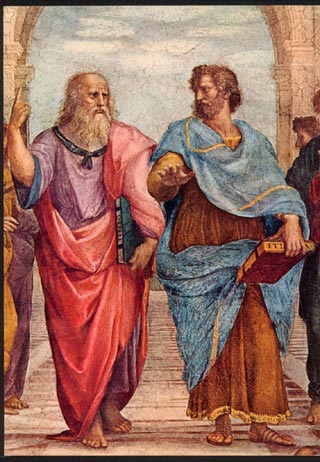| Already in the early Greek antiquity humans lived vegetarian. This is for the time since the 6th century BC proved. For many, the reason for a meat-poor diet may have been their poverty. But for other people from the more affluent, it was ethical and religious reasons that led to a voluntary renunciation of meat and eggs. They were leading philosophers and poets, as well as their disciples and followers, who rejected the then common animal sacrifice. From the philosopher and mathematician Pythagoras (c. 570 - 510 BC) went out a veritable vegetarian movement. In the school community he led, only vegetarian meals were eaten for religious reasons. Pythagoras is still known today as a mathematician with his "theorem of Pythagoras" from geometry. Few people know that he is the father of European vegetarianism. However, its influence on the fleshless people was so great that vegetarians were referred to as Pythagoreans for centuries until the introduction of the word vegetarianism in the early modern period. |
Because Pythagoras has left no own writings and his teachings have long been only transmitted orally, there are very different views on his life's work. What is certain is that he founded his legendary school, in which women were also admitted, in southern Italy in the Greek colony of Kroton. He is said to have been involved in the legislation and constitution of this city and was thus not only philosophical, but also politically influential as well as his movement named Pythagoreans. His school of practiced vegetarianism was in the 4th century BC dissolved, but reopened 200 years later.
Pythagoras, like other early ancient philosophers, had a very different understanding of nature and of the soul than we do today in the Western Hemisphere. He assumed the transmigration of souls after death, and this was also given to the animals on an equal footing. According to his teachings they can also wander between humans and animals. So it was not possible or allowed to slaughter and eat animals. Platon (428-348 BC) and his pupil Aristotle (384-324 BC) had replaced earlier myths and the age of science already began with Pythagoras. Yet Aristotle spoke of the "sentient animal soul". A scientific finding, which is gaining importance again today and is psychologically verifiable.
Platon, the most influential ancient philosopher, was closely associated with the Pythagoreans of his day. He probably also had a vegetarian diet. It is believed that vegetarians were found in ancient times, especially among the Platonists and the later Neuplatonists, where ethical behavior was of great importance. However, it is also interesting that Platon already wrote about the costly agricultural land and feed consumption for the meat supply.
Other philosophical schools, such as the Stoics and the Epicureans, categorically rejected meat abstinence. As today, there were completely different positions, advocates and opponents to eating meat and killing animals, using ethical as well as religious, but also health and agricultural reasons.
In order to reject the meat consumption in principle, however, it obviously did not need,, the cruel animals mass factory farming, we see nowadays. That the slaughter was more animal-friendly at that time may be doubted. For the European area are many historical greats known, who massivly rejected the slaughter of animals as a cruel act as barbarism of humans; such as the universal genius Leonardo da Vinci, the philosopher Voltaire, the Russian writer Tolstoy or German poet Wilhelm Busch, not least the philosopher Arthur Schopenhauer like many others.
Interesting, and devastating to the animal world, is, that the subsequent spreading Christianity teaches the animal sacrifice in spite of its ethics. So the meat eating was consistently affirmed. Only from the early early Christians, it is believed that they have lived vegetarian. In contrast to the areas of Asian religions, meat eating is therefore widespread in Christian-influenced countries and is one of the common ways of eating here. With all negative consequences for the animal world, the environment and even the health of the people. Nonetheless, today we have such a rich vegetarian and vegan offer that we have never had before, in many countries. The awareness of our food grows and changes. It has now been proven that high meat consumption also damages the climate.








